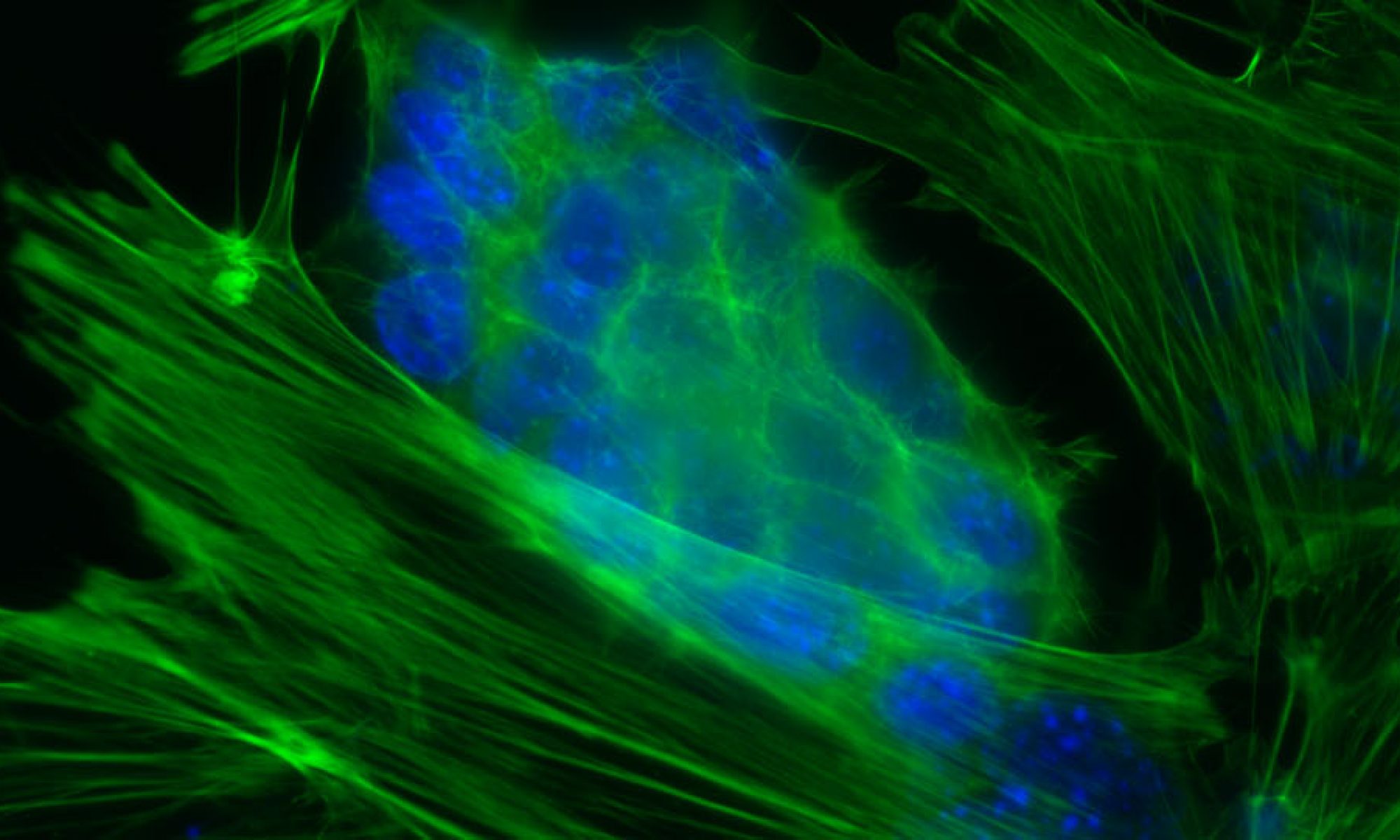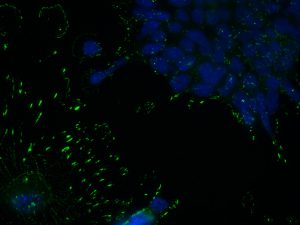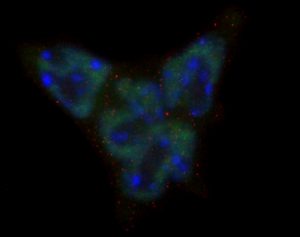The human genome produces thousands of noncoding RNAs, and the vast majority have not been ascribed a function. Our goal is to understand context-specific functions of these transcripts, using models of development and disease. We are particularly interested in how noncoding transcripts contribute to the special characteristics that drive stem cell maintenance, while allowing them to retain the capacity to differentiate into a multitude of specific cell types.
 Our approaches include genomics and transcriptomics to study noncoding RNA origination and context-specific expression. To dissect mechanisms, we use proteomics, single cell, and single molecule studies, combined with computational approaches to delineate functional networks.
Our approaches include genomics and transcriptomics to study noncoding RNA origination and context-specific expression. To dissect mechanisms, we use proteomics, single cell, and single molecule studies, combined with computational approaches to delineate functional networks.
Long term, we aim to uncover possible theranostic potential for the long noncoding class of RNAs; understanding their basic functions and regulatory control are critical first steps towards these goals.


